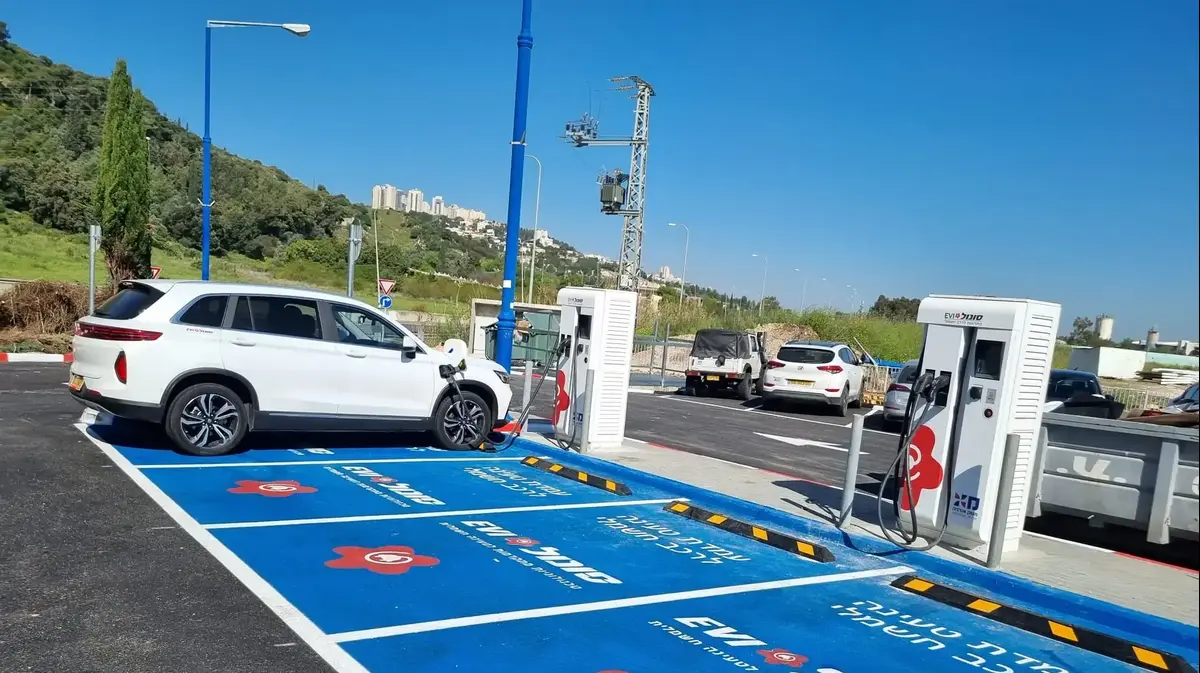Enlarge image
Pressed PET bottles in a recycling company in Switzerland (archive image)
Photo: ARND WIEGMANN / REUTERS
On average, as the German Environmental Aid calculates, each and every German uses around 210 disposable plastic bottles per year. They are usually made of the plastic polyethylene terephthalate (PET). A good third of the material used for production, this figure in turn reported by the manufacturers, now comes from recycling. In other regions of the world, the proportion of recycled material is significantly lower.
This is mainly due to the fact that reusing the raw material is simply not worthwhile. Experts assume that the material loses 95 percent of its value after a single use. In this respect, approaches are exciting in which reuse results in products that have a higher value than the starting material. This upgrading is called "upcycling". Researchers Joanna Sadler and Stephen Wallace from the University of Edinburgh, Scotland, have now presented a new idea for such an upcycling in the specialist magazine »Green Chemistry«.
The two have developed a process in which the polyethylene terephthalate used for the beverage bottles is first broken down into its basic building blocks, terephthalic acid.
In a second step, this is then converted into vanillin with the help of bacteria.
This compound is considered to be the world's most important aromatic substance in terms of quantity and is used in the food and cosmetics industries, among other things.
Vanillin can be made from vanilla pods and using biotechnological methods.
However, these processes are expensive and cannot meet the global demand for the flavoring substance.
Therefore, the majority of the amounts used are synthesized from chemicals derived from fossil fuels.
"Converting plastic waste into a valuable industrial chemical"
The new process could represent an alternative process for producing the substance. Genetically modified E. coli bacteria are used for this. With the addition of heat, they succeed in converting the terephthalic acid into vanillin. According to the researchers, the conversion rate is currently 79 percent. However, this should be increased by further work. In addition, the process is to be scaled up to convert larger amounts of plastic. The bacteria could also be modified in such a way that they also produce other molecules that could be of interest in perfume production, for example.
“This is the first example of the use of a biological system to convert plastic waste into a valuable industrial chemical, and it has very exciting effects on the circular economy,” says Sadler.
Her colleague Wallace says the new paper challenges the perception of plastic as "problematic waste" and instead shows its use as a "new carbon resource from which high-quality products can be made."
chs











